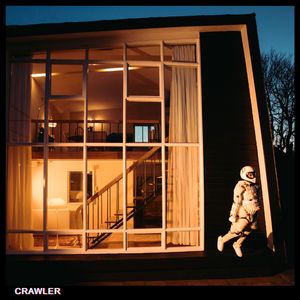Our biggest disappointments of 2017
This has been a wonderful year for music, but alas, it’s time to put on our cynical hats. The artists featured here have set such a standard that it becomes naturally upsetting when they fall considerably short. As you read us trash your favourite artist, try to remember that we are all fans here. Besides, what is life without disappointment?
Everything Now // Arcade Fire
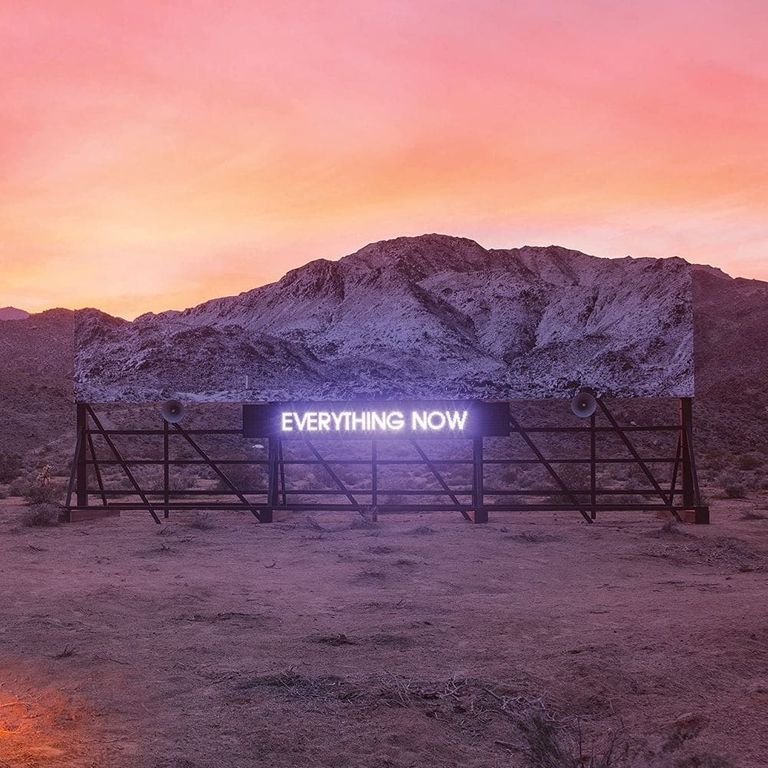
André
Where do I even start with this one?
Some context: I am a huge fan of Arcade Fire’s first three records. Funeral captured the severity of personal torment to astonishing effect, and is up there with Is This It? and The College Dropout as the greatest debut album of the 2000s. Neon Bible instead looked outwards and thrived on its melodramatic makeup, whilst The Suburbs delivered a sense of optimism and togetherness vast enough to fill stadiums worldwide. These albums were all dramatic, at times overwhelming, but also highly delicate. Everything Now aims for social critique, and is unbelievably heavy-handed with both its message and its musical influence. The marketing campaign was an absolute shambles, and things seriously spiralled down from there. The songs are joyless, stagnant, and sometimes truly terrible. There are good moments — flashes of quality that assure you this is the same band who wrote “Crown of Love” — but they get lost amongst the clutter.
Let’s make one thing clear: I’m not asking for more of the same. Some of the greatest bands have changed their sound with almost every release. I wasn’t completely taken with* Reflektor*, but I understood why it appealed to other listeners. I generally enjoyed it as a whole and the band still sounded important, whereas I take virtually no enjoyment from *Everything Now*, and the band simply sound bored and uninspired. The critiques are half-baked at best, and most of the songs sound like poor imitations of other artists. Last time I checked, Arcade Fire had at least six members, and I cannot believe for a second that not *one* of them had any reservations about the atrocity that is “Chemistry”. The album picks up in quality towards the end, but it’s a genuine struggle to get there. As you can probably tell, this was a sore one for me, and I’m not sure I’m even over it yet. Not dreadful, but definitely disastrous.
Oczy Mlody // The Flaming Lips
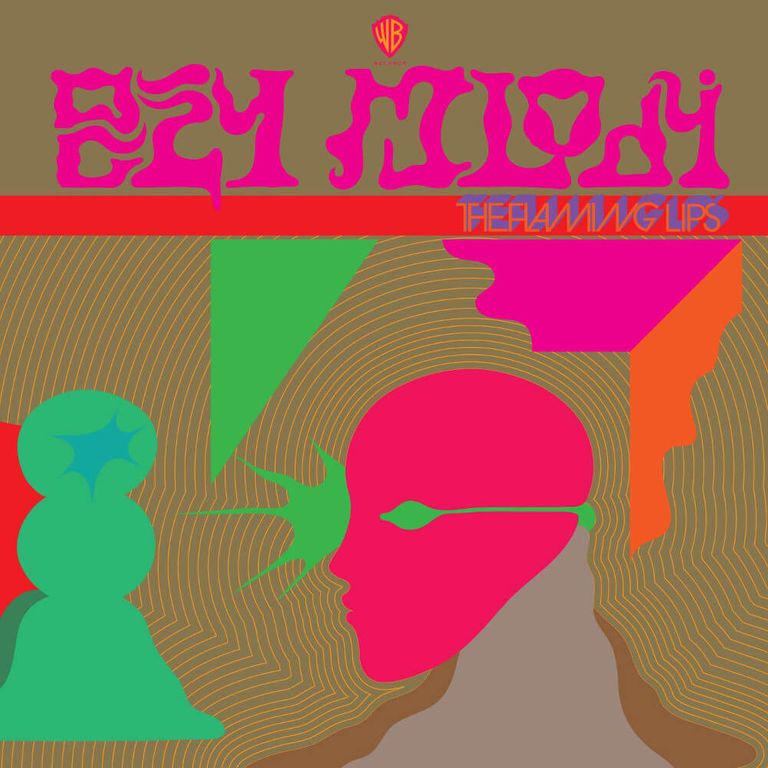
Michael
The previous decade has been the most prolific, intensively creative period in The Flaming Lips’ storied thirty-four years as an active band. Where many artists would be content resting on their laurels after finally cracking the mainstream, as The Lips did in the early-2000s, the core trio of Wayne Coyne, Michael Ivins, and Steven Drozd have negotiated the very real threat of stagnation by throwing themselves wholeheartedly into myriad ridiculous, obtuse experiments. To name but a few: they released a series of nine EPS in 2011, which included a twenty-four-hour song, collaborations with Lightning Bolt and The Plastic Ono Band, and USB sticks lodged in various gummy objects; they produced Miley Cyrus’ 2015 record Miley Cyrus & Her Dead Petz and toured as her backing band; and they covered seminal albums by Pink Floyd, King Crimson, and The Beatles in their entirety (all with a little help from their fwends). Such undertakings were far from universally successful, but they didn’t need to be; presented as ramshackle, purely fun experiments, they evinced both a boundless curiosity and a winning sense of enthusiasm that were crucially preserved on the two proper studio albums produced during this period, Embryonic and The Terror, which rank among the band’s strongest and most challenging records to date.
Oczy Mlody arrives at what is surely the end of this cycle in the band’s history, as it’s a frustrating but ultimately necessary indication that the band has gotten all it can from its current guise as the wacky uncles of alternative-rock — think At War with the Mystics, but without the tunes. It’s not bereft of ideas, exactly, but the few pleasing melodies and textures here are seldom organised around anything substantive. Lyrically, the record rarely surpasses the emotional potency of ‘Dewy, dewy, dew/Let’s get together, yeah/Drip, drip, drippy glow/Glowy and drippy, yeah’, while there’s very little going on rhythmically that would let one excuse such staggeringly cringeworthy lyricism, with tracks listlessly floating along a path forged by tepid programmed beats and languid, muddy synths. It’s an exercise in formlessness, and this, admittedly, could be what they’re aiming for, as they seem to be marrying the wonderfully, garishly processed blissed-out psychedelia of their late 90s work — Zaireeka and The Soft Bulletin — to the dense atmosphere and hypnotic amorphous structure of The Terror. But where The Terror’s loose structure was captivating because it exacerbated the record’s restless anxiety and pervasive sense of despair, Oczy Mlody’s formlessness is merely enervating. Perhaps The Flaming Lips thought they could get away with anything after their innumerable experiments, but in attempting to provide the ecstatic morning after The Terror’s dark night of the soul with Oczy Mlody, they demonstrate that even they can fall foul of stagnation. Here’s hoping that this is just an unfortunate, weary misstep than a sign of things to come.
Migration // Bonobo
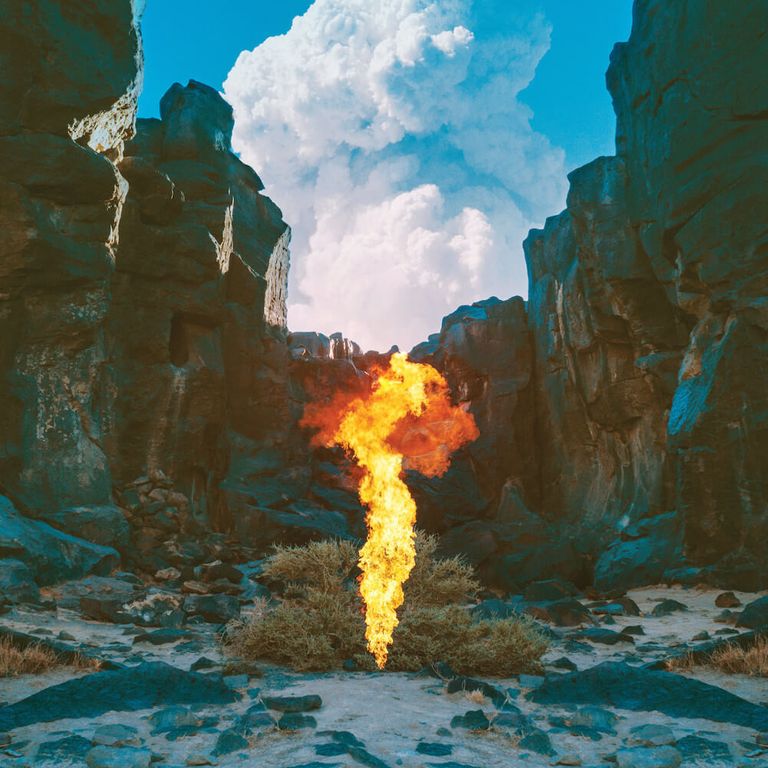
Marcus
Bonobo, lesser known as Simon Green, has become cemented within the oeuvre of modern downtempo as a pioneer and centralising force of the genre. With the modern masterpiece of Black Sands the veteran set his own standards so high that The North Borders, an entirely serviceable and enjoyable album, comes off as mildly disappointing.
The latest effort, Migration, continues the unwelcome trend, appearing to be the product of Bonobo’s newfound reputation as a sunset DJ and the house influences that have come with it. In that respect I suppose one of my issues with Migration is that it feels limited and – in the tritest of terms – commercial. The sense of serenity and fluidity that encompasses the best of Green’s work, from the masterful Black Sands to the more experimental Days to Come, is hardly absent but frequently seems to stall. The sheer listenability I love him for has been replaced with what can often feel like a grind. While I thoroughly enjoy the title track, the oft-maligned “Bambro Koyo Ganda”, and “Ontario”, I much prefer the post-album single, “Samurai”. I tend to get hung up on an album’s identity, or more specifically an album’s ability to form progression between multiple personae rather than bundling myriad conflicting themes and ideas into the same package. Migration falls into the latter camp. There’s no sense of consistency or planning in its design, and more gravely the album often feels meandering and indulgent.
Forgiveness could be apportioned if the album felt like an experiment, or a redefining of Bonobo’s own borders, but it never feels like he’s showing us an engaging development of his sound with this year’s output. I’m not fearful of permanent stagnation – it’s not as if this is an outright terrible album that’s signalling the doom of one of my favourite soundsmiths – but I can’t help feeling melancholic whenever I spot Migration’s artwork in my library.

Related Posts

Ants from Up There // Black Country, New Road
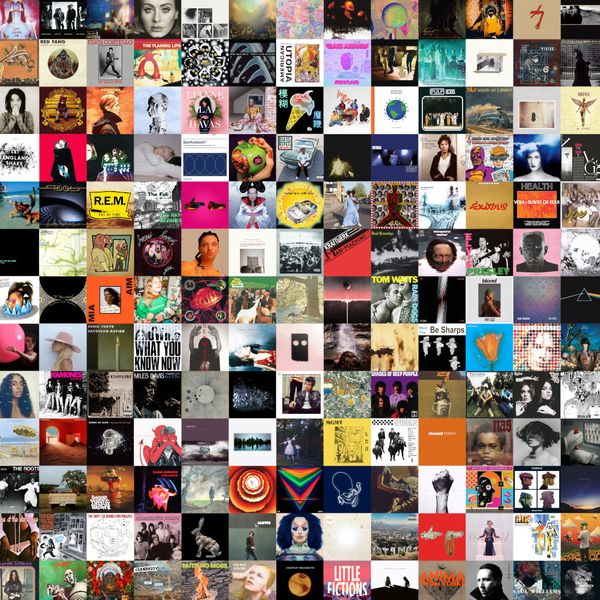
Statsioxide: our first 250 reviews in numbers

Painting the Roses // Midnight Sister





